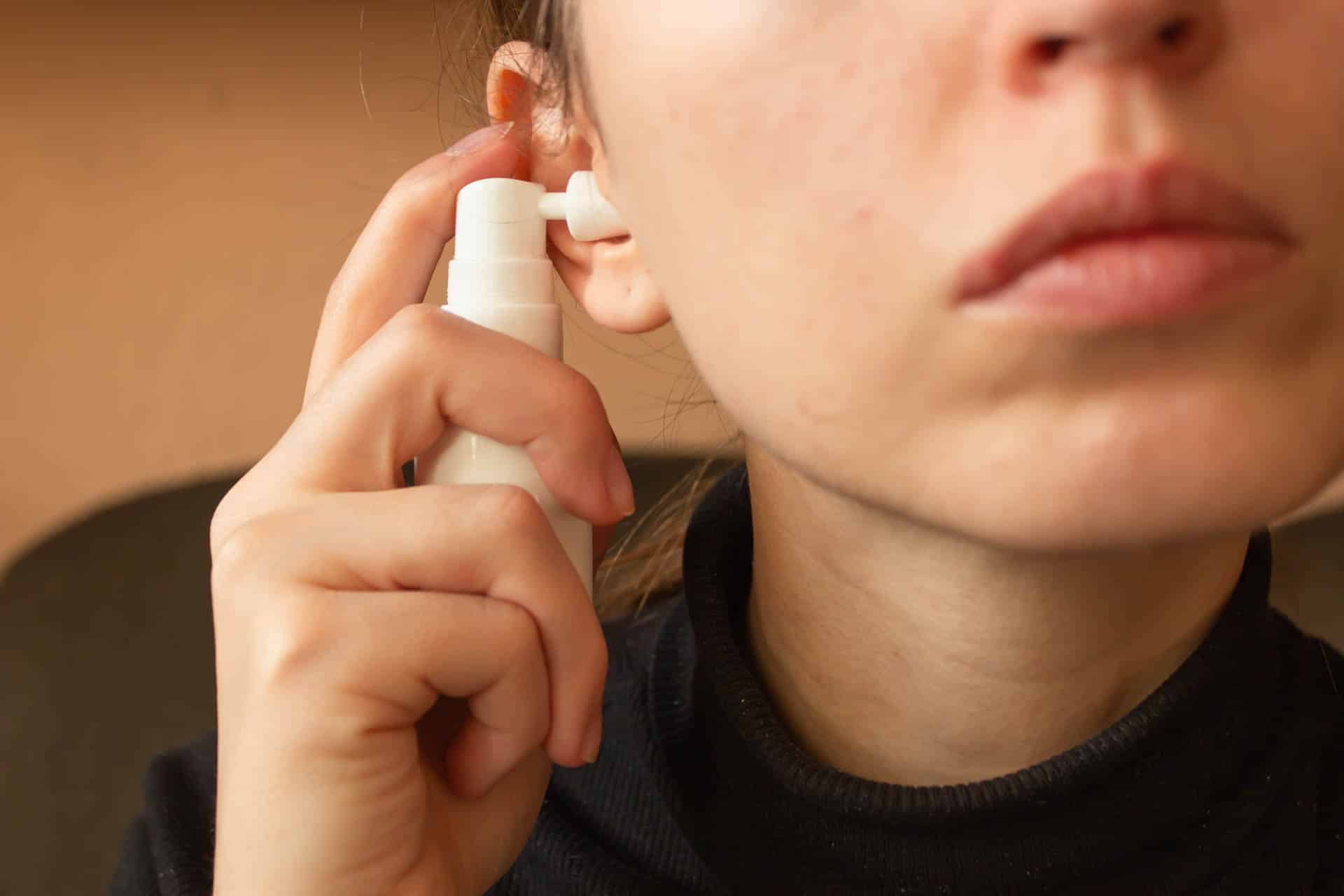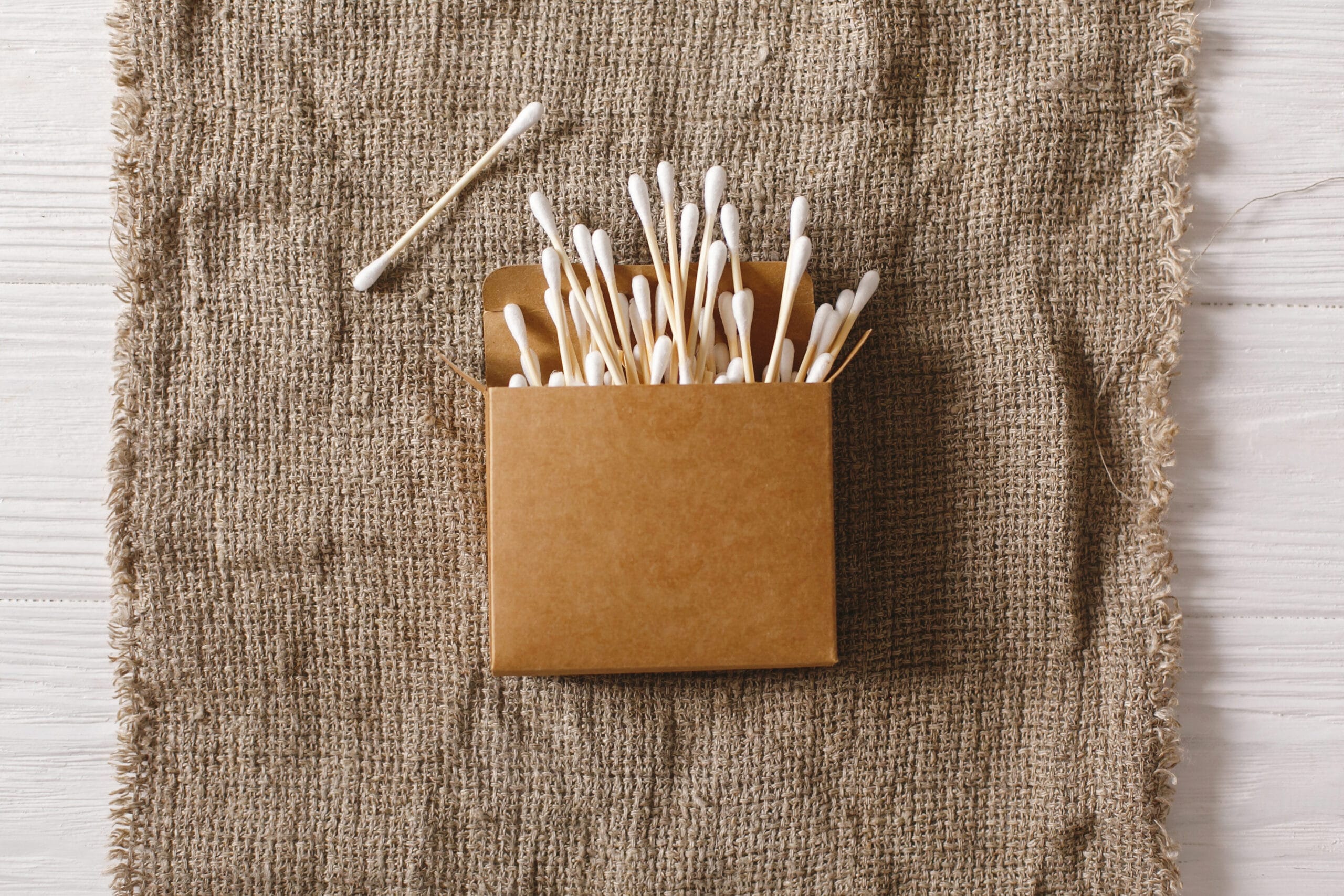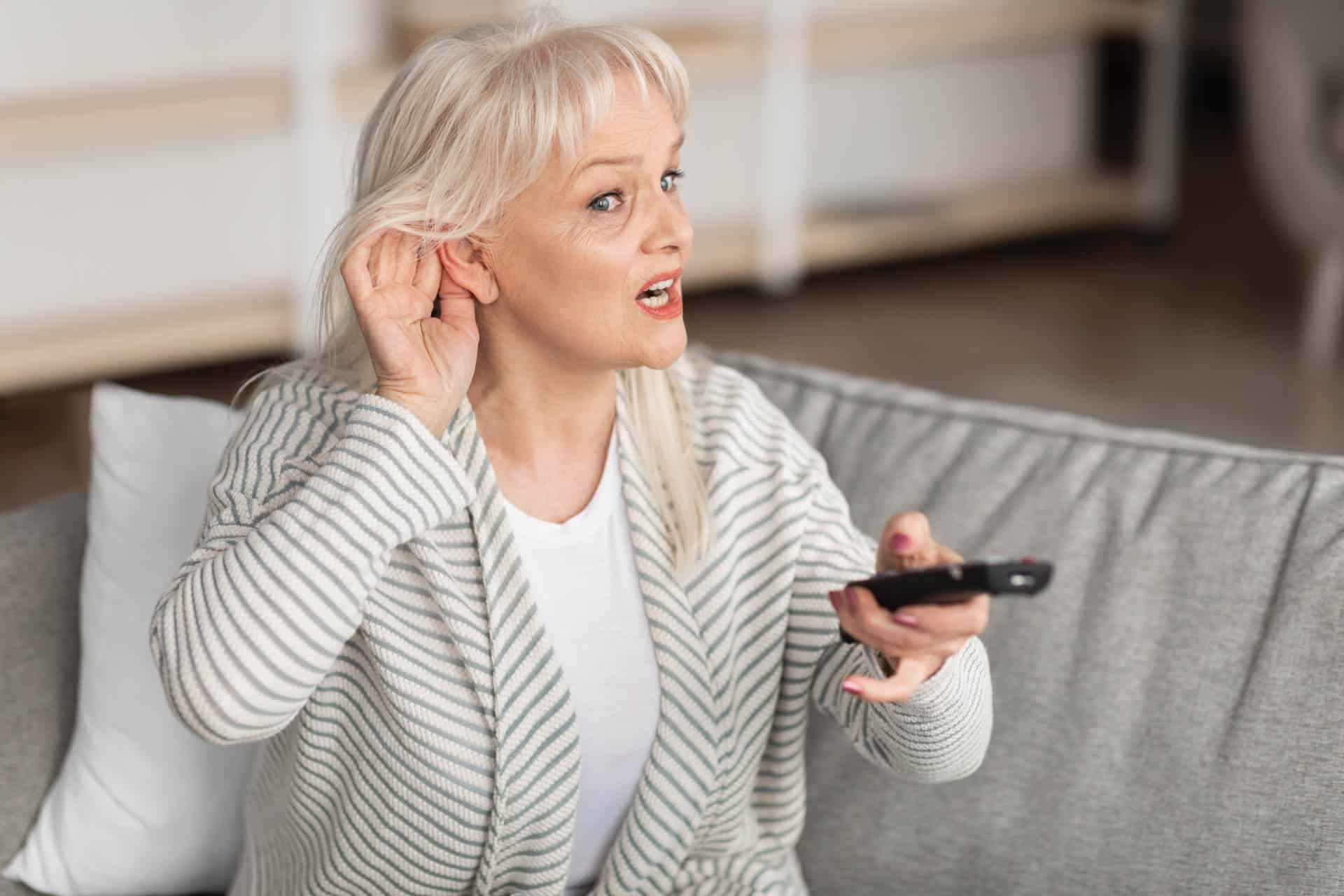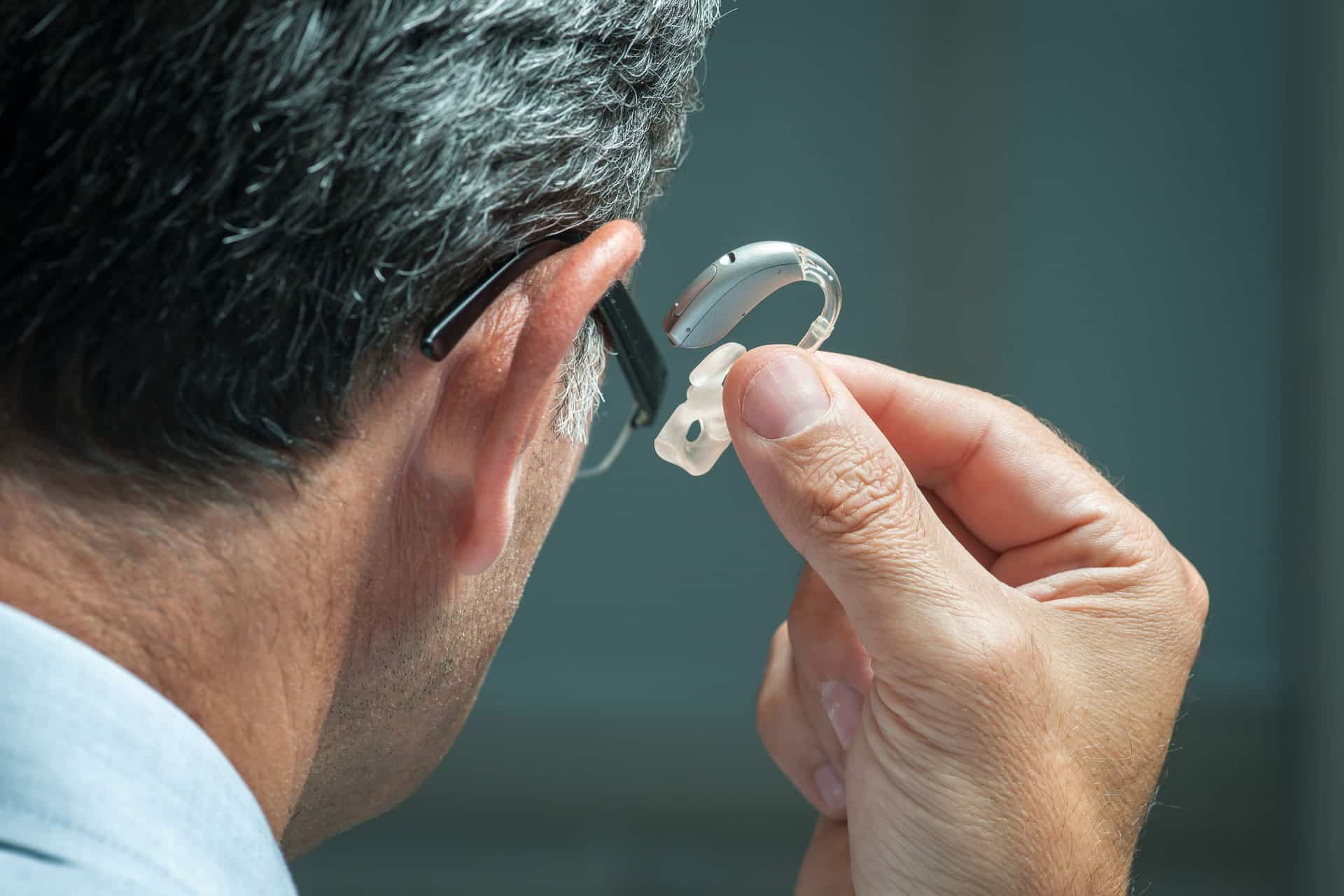Delivery in 2-3 working days
Care and cleaning of the ear canal
The ear canal is a sensitive area of our body that is often neglected. Many people do not realize how important it is to properly care for and clean it. Below, you will learn more about the "care and cleaning of the ear canal" and why they are especially important for hearing aid users and people who frequently use headphones.
Why is cleaning the ear canal so important?
The ear is a masterpiece of nature, it has a kind of self-cleaning mechanism. The ear canal produces cerumen, also known as earwax, which helps keep dirt and bacteria out and protects the skin of the ear canal. It sounds paradoxical, but too much cleaning can put the ears in danger, as it can interfere with the natural protective mechanism. Injuries, inflammations and consequently earaches could be the result. So when and how should we clean our ears?

Detect and remove earwax plug
However, sometimes the earwax can clump together into a plug and block the ear canal. You can recognize this situation by the following signs:
- You hear worse in one ear
- You have a feeling of pressure in the ear
- Ringing in the ears or pain may also occur
If you notice any of these symptoms, it is advisable to see a doctor or ENT specialist instead of trying to remove the plug yourself. The doctor has several ways to safely remove an earwax plug. These include:
- Ear irrigation: This method uses warm water or a special irrigation solution to gently flush the earwax plug out of the ear canal. However, this should only be performed by a professional to minimize the risk of injury.
- Suction: In some cases, the doctor can suction the plug with a special instrument. This is an effective and gentle method to clean the ear canal.
- Manual removal: In certain situations, the physician can remove the earwax plug manually using special instruments. However, this requires skill and experience to avoid the risk of injury.
The pitfalls of cotton swabs
Cotton swabs are small and handy, but not very suitable for cleaning the ear canal. They often just push the dirt deeper into the ear and can even damage the eardrum. In addition, they can interfere with the ears' self-cleaning process by removing the lard and hairs necessary for cleaning. So, if cotton swabs aren't the answer, what is?

The correct method for cleaning the ear canal
Let's start with the auricles. You can clean them with a washcloth and warm water. It is important that no water gets inside the ear.
For the ear canal itself, there are several methods and products for cleaning. Here are some tips:
- Ear drops or ear rinses: There are special solutions that you can buy at the pharmacy. These help to dissolve and remove the earwax. After use, the ear should be rinsed with warm water.
- Baby oil or olive oil: A few drops of this in the ear can help to remove excess earwax naturally. Again, the ear should be rinsed with warm water afterwards.
- Ear candles: they are an ancient method of ear cleaning, however, there is no scientific evidence of their effectiveness.
Please remember to always be careful when cleaning your ears to avoid injury. If you have any complaints or doubts, please always consult a doctor.
Special attention: hearing aids and headphones
People who regularly use hearing aids or headphones should pay special attention to cleaning their devices and ears regularly.
Especially with hearing aids, which are usually placed directly in the ear canal, dirt, earwax and other debris can quickly accumulate. If these are not removed regularly, they can impair the sound quality of the hearing aid and even lead to malfunctions. In addition, untreated deposits can also lead to infections or irritation of the ear canal.
Therefore, it is of great importance to be aware of the importance of thorough cleaning and maintenance in this context.
Ear canal care and hearing problems
Regular and proper care of the ear canal is not only important to prevent earwax plugs or infections. It also plays a crucial role in preventing hearing problems. Too much earwax accumulating and forming a plug can lead to temporary hearing loss. Therefore, it is essential to clean the ears gently to remove excess earwax without damaging the delicate ear canal skin.
Likewise, it is important not to disturb the protective mechanism of the ears, because excessive cleaning can dry out the ear and make it more susceptible to bacteria. If you experience any signs of hearing problems, such as a persistent feeling of congestion in the ear, ringing in the ears or pain, be sure to consult an ENT specialist.
Prevention is the best way
The best strategy is still prevention. Good ear care can help protect your hearing in the long term.
Here are some tips to prevent ear and hearing problems:
- Avoid loud noises and protect your ears from noise.
- Keep your ears dry, especially after swimming or showering.
- If hearing aids or headphones are used regularly, they should be cleaned regularly.
- Clean your ears regularly, but gently, and avoid inserting cotton swabs into the ear canal if possible.
- Visit an otolaryngologist regularly to check and monitor your hearing.



